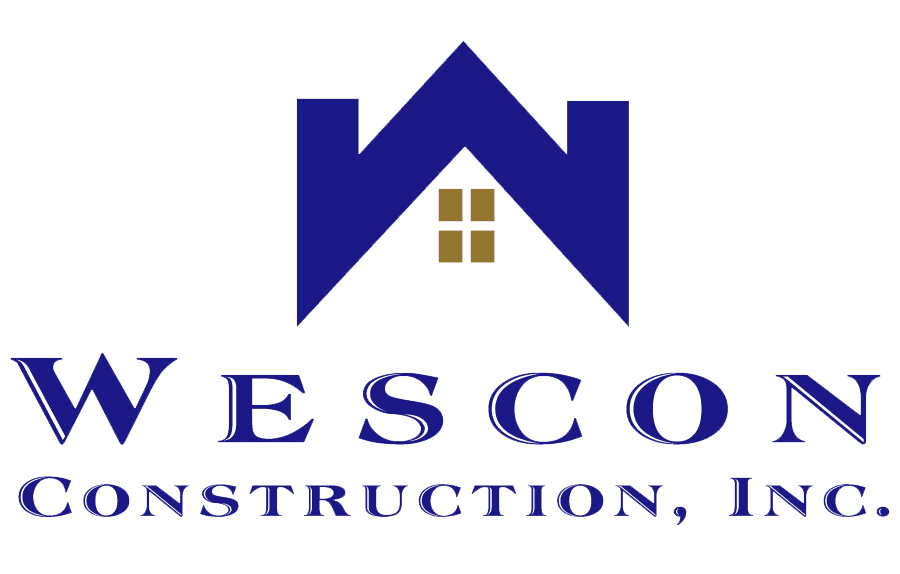DIY Roofing vs Professional – Cautions To Take
When fixing or replacing your roof, you might wonder if you should do it yourself or when hiring a professional. While doing it yourself can save money, it also comes with risks and challenges. This article will help you understand the differences between DIY roofing and hiring a professional and what precautions to take.
Key Takeaways
- DIY roofing can save money but comes with high risks and challenges.
- Safety is a primary concern when working on a roof; special equipment and awareness of potential hazards are required.
- Professional roofers have the experience and tools to do the job correctly and safely.
- Due to mistakes, DIY projects may void material warranties and potentially cost more in the long run.
- Hiring a professional ensures quality work and often comes with warranties and insurance.
Understanding the Complexity of Roofing Projects
Roofing is a substantial undertaking requiring both physical and mental labor. Especially if you’re not experienced, it could take weeks or even longer to finish, depending on the size and complexity of your roof. You could use this time to attend to other personal or business obligations.
Types of Roofing Materials
The materials that are available to you must be understood before beginning a roofing project. Every variety has advantages and disadvantages. For instance, asphalt shingles are widely used despite the fact that they cannot last as long as other materials because they are inexpensive and simple to install. Although metal roofing is long-lasting and robust, installing it can be more costly and difficult.
Roofing Techniques and Skills
Roofing isn’t just about laying down shingles. It involves various techniques and skills, such as flashing installation and proper ventilation. Without the right skills, you might have leaks or other issues that could have been avoided. Think about the specialized knowledge you have in your career. Would you expect a professional roofer to pick up your job as a hobby and do it correctly on a weekend?
Common Mistakes in DIY Roofing
Many people make mistakes when they try to do roofing themselves. Some common errors include not using suitable materials, improper installation, and ignoring safety measures. These mistakes can lead to more significant problems, which will cost more time and money to fix.
Before starting a Do-It-Yourself roofing project, consider the necessary materials and tools. Some of these could be expensive or hard to get. Ensure you have everything you need before you start to avoid compromising quality or safety.
Evaluating Safety Risks in DIY Roofing
There are hazards associated with roof repair work, from falls and injuries to structural damage. Acknowledging these risks begins with assuring your safety.
Potential Hazards
Roofing labor can be hazardous, particularly for those who lack the necessary tools and training. One of the most common causes of injury at home is falls from roofs. Any way you slice it, DIY roofing is a serious risk. Roofing materials and tools can also cause accidents if mishandled.
Necessary Safety Equipment
To minimize risks, you need the right safety gear. This includes:
- Safety harnesses
- Non-slip shoes
- Helmets
- Gloves
- Safety glasses
Using this equipment can significantly reduce the chances of accidents.

Emergency Preparedness
Even with precautions, accidents can happen. Always have a first aid kit and know the quickest route to the nearest hospital. It’s also wise to have a phone nearby to call for help if needed.
Hiring a professional may be safer and more sensible if you don’t feel comfortable or confident in your skills working at heights.
Financial Implications of DIY vs. Professional Roofing
Cost of Materials and Tools
When you decide to take on a roofing project yourself, you might think you’re saving money. However, the cost of materials and tools can add up quickly. Professional roofers often get materials at a lower price because they buy in bulk. Plus, they already have the specialized tools needed for the job. On the other hand, you might have to buy or rent these tools, which can be expensive.
Long-term Financial Risks
A small mistake in a Do-It-Yourself roofing project can lead to significant costs. For example, improper installation can cause leaks, leading to water damage inside your home. This can result in costly repairs that far exceed the initial savings of doing it yourself. Professional roofers have the expertise to avoid these common pitfalls, ensuring a longer-lasting roof.
Insurance and Liability Concerns
When hiring a professional roofer, they usually have insurance covering any accidents or damage that might occur during the project. If you decide to go the DIY route, you could be liable for any injuries or damages. This is a crucial factor, as medical bills and repair costs can be substantial.
The choice between Do-It-Yourself roof repairs and hiring a professional ultimately boils down to your level of expertise, risk tolerance, financial constraints, and complexity. DIY fixes can be more affordable, but they might not be appropriate in all circumstances—particularly when there is a risk to safety or significant damage.
Quality and Warranty Considerations
Regarding roofing, quality, and warranty are crucial factors to consider. DIY repairs may not meet industry standards, which can lead to problems down the road. Professional roofers are trained to follow specific guidelines, ensuring that your roof is up to code and meets all requirements.
Time Commitment and Project Management
Estimating Project Duration
Roofing is a big job requiring a lot of time and hard work. Depending on how big and complicated your roof is, it might take weeks or even longer to finish. You could be doing better with this time, either at business or personally. If you don’t have much experience, it will take even longer.
Balancing Roofing with Daily Responsibilities
When you work on your roof, part of it is open to the rain, wind, and snow. Even if you cover it with a tarp, the weather can still cause damage. You can’t leave it until next weekend if you don’t finish on time. Weather can change quickly, and even sunlight can harm some roofing materials.
Managing Unexpected Delays
If you or a contractor works outside of the best period, you can expect problems. The last thing you want is to work under heavy storms or freezing temperatures. You also don’t want a sloppy job because bad weather made the process rushed. If you’re alone, you might miss this critical window.
Another critical consideration is following local permits and rules. Building codes change by location, and ensuring your project follows them can be hard. Not following the rules could result in fines or legal issues and affect your home’s insurance or resale value.
Advantages of Hiring Professional Roofers
Years of knowledge and specific talents are brought to the table by professional roofers. They can ensure that your roof is installed or repaired appropriately because they are educated to tackle a variety of roofing issues. You may rely on their experience to help you avoid the typical blunders that beginners could make.
The exceptional quality of the materials and workmanship is an additional advantage of hiring a professional. Professionals can get premium products at discounted costs. Additionally, they employ specialist equipment that the majority of homeowners lack, guaranteeing a thorough and effective completion of the task.
Professional roofers often provide warranties, giving you peace of mind. If something goes wrong, they will return to fix it at no extra cost. Their work is usually up to industry standards, ensuring long-lasting repairs.
Hiring professional roofers ensures your home gets the best care possible. They bring experience, quality materials, and safety to every job.
Conclusion
Choosing between DIY roofing and hiring a professional ultimately boils down to key considerations. It is essential to consider your abilities, risk tolerance, financial constraints, and project complexity. While doing it yourself might save some money, it can also bring about safety issues and potential extra costs if things go wrong. On the other hand, professionals bring experience, proper tools, and a level of safety that DIY might lack. Weighing these pros and cons carefully will help you make the best choice for your roofing needs.
Need Expert Advice on Your Roofing Project? Contact us today!
"*" indicates required fields
